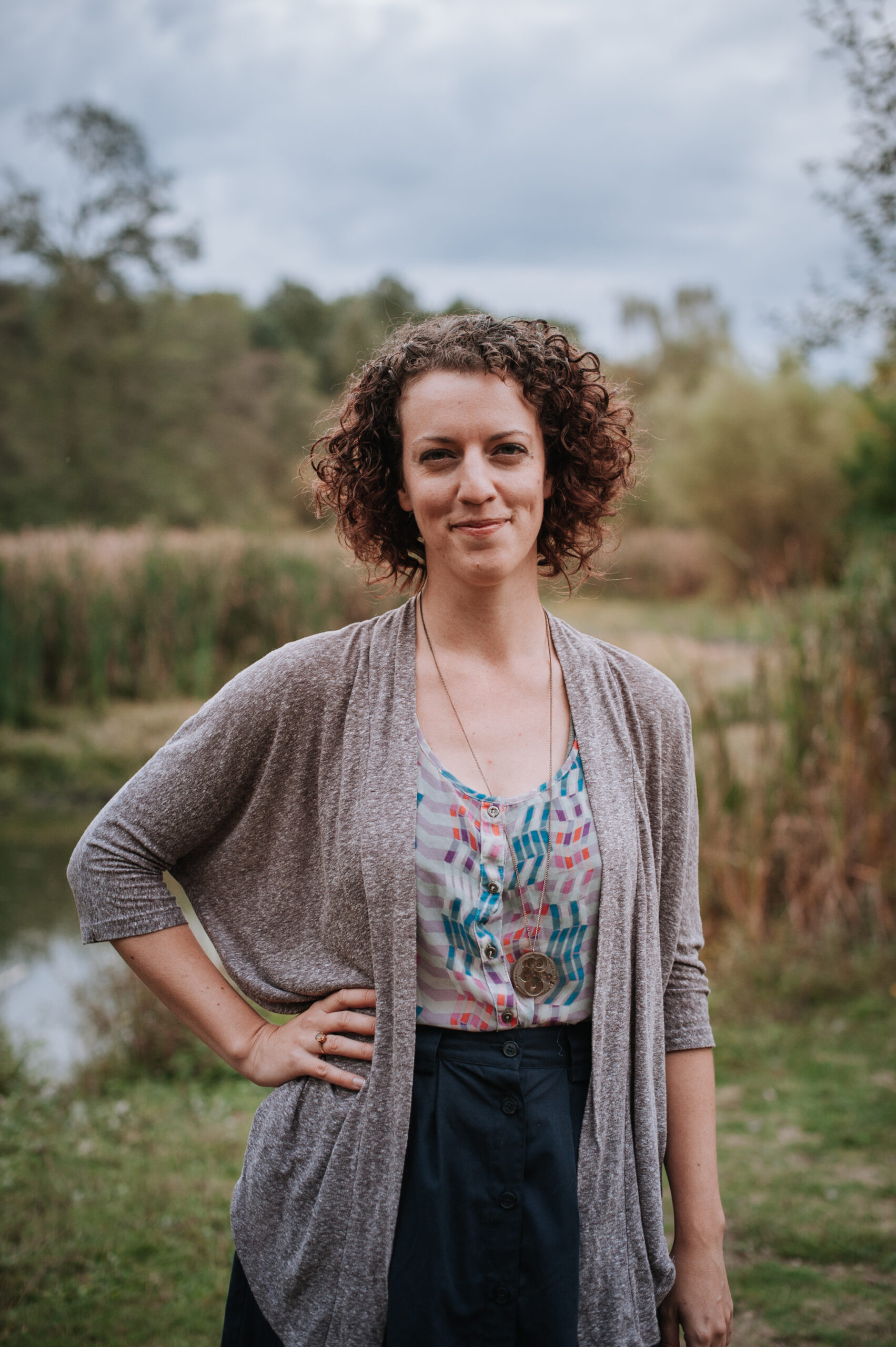By Andrea Loewen
@ms.andreajoy
As a teenager, how do you tell people what you want to be when you grow up when you aren’t sure there will be a planet left for you to live on?
That is the weight that 16-year-old Haana Edenshaw, from the Haida Nation, has been living under her entire life.
“Making plans for the future, I would think about something and then think ‘Oh wait, climate change, I don’t know,’” says Edenshaw. “There is always a sense of hopelessness for the future and uncertainty. Ever since I was young. Also, kind of a sense of worry about my land.”
“We [the Haida people] are stewards of the land and protecting it from time immemorial, and so I grew up with the importance of protecting that land.”
Because of this, Edenshaw has always pushed environmental activism and change, starting a club to ban plastic bags at her high school, working with her science teacher to create a machine that turns plastic into diesel, and regularly participating in protests.
Meanwhile, across the country, Sophia Sidarous, an 18-year-old Mi’kmaq with roots in Metapenagiag (New Brunswick) was growing up in the Ottawa Gatineau area. For her, climate change didn’t become a clear and present issue until she was a little bit older.
“When I was 11, I got to witness a flooding that happened in the Toronto area,” she says, “It was one of those once-in-a-hundred-years floods that normally don’t happen… I know from other people in the area that it has happened at least twice since then which is completely not normal for their area which has to do with climate change.”
Since then, she has witnessed more flooding and two tornadoes, all extraordinary weather events that are explained by climate change.
This summer, these two strangers from opposite sides of the country became two out of 15 teens suing the Canadian government for specific damages caused by inaction on climate change.
The lawsuit is supported by The David Suzuki Foundation and Our Children’s Trust, an organization that is helping launch legal action on behalf of youth against governments all over the world.
On October 25, the lawsuit was filed, stating that “the Canadian government causes, contributes to and allows dangerous levels of greenhouse gas emissions, and is thus responsible for the specific, individualized climate change impacts [the plaintiffs] are experiencing.”
For both Edenshaw and Sidarous, these impacts include barring their ability to learn and engage in their cultural practices.
“I personally have been hurt by climate change already,” says Edenshaw, “just in food security and gathering resources from our land–we can’t anymore. We can’t get as many salmon from the streams because the water is getting too warm and that’s really affecting both the Haida culture and the food we depend on.”
Across the country in New Brunswick, where Sidarous’ family is from, the experience is similar.
“I went out east this summer and my uncle could not show me how to fish salmon and gut the salmon and prepare it traditionally because there was a lack of salmon in our river, and it was so hard to fish that he lost the opportunity to pass along that knowledge to me,” says Sidarous. “Therefore, I am impacted directly and that harms my way of life and my culture and my spiritual connection to my lands. If I can’t practice these things and can’t exercise my culture’s ways then I won’t be able to pass that along to my kids as well.”

For Indigenous populations from coast to coast, the impacts of climate change are being felt in similar ways–something that might seem poetic if it wasn’t so disastrous.
“I think Indigenous people’s connection to their lands is the reason why we’re on the front lines of climate change and why we’re very impacted and harmed by these the inaction on climate change and this climate crisis we’re in,” says Sidarous.
Still, taking on your own government in legal action is a big move. It has the potential for big wins, but legal battles are also known to drag on forever, eating up nothing more than lawyers’ fees. The plaintiff’s lawyers are working pro bono, the government is paying its own legal fees.
“Just looking at the intentional ignorance and inaction of our leaders, just thinking about short-term gain at the cost of our future, and how that’s gone on throughout the years, I’m worried that we’ll be too late,” says Edenshaw, “These lawsuits can go on for a very long time and the climate doesn’t have very long.”
Still, Sidarous takes heart that this is one important element in a muti-faceted global push from youth for change.
“We are taking the action that the government lacks and we are just going to do this … we are a part of the bigger movement that really brings forth this message of action.”
Given the recent letter, signed by 11,000 scientists from 153 countries, pleading with leaders to bring massive systemic shifts to the way we live lest we live with “untold human suffering” due to climate change, this lawsuit is one of many necessary actions to bring change.

Andrea Loewen is a writer, theatre-maker, and choreographer in Vancouver, BC. She writes for a variety of online publications, including Loose Lips Magazine and Vancouver Presents, as well as her own site, The Receptionist Blog. Her first book, Feeling Better: A Field Guide to Liking Yourself is available on Amazon and Chapters Indigo. www.andrealoewen.com




